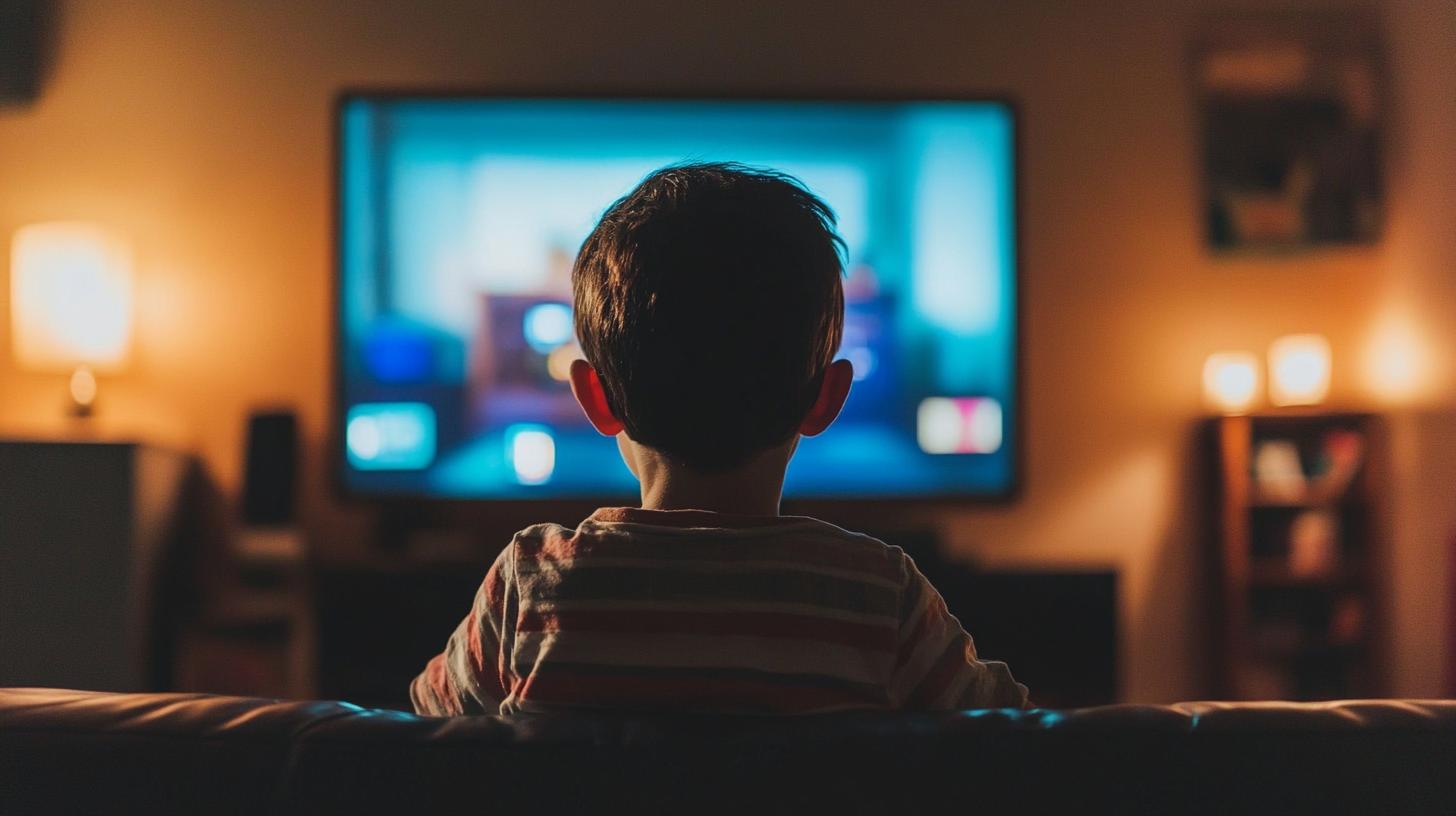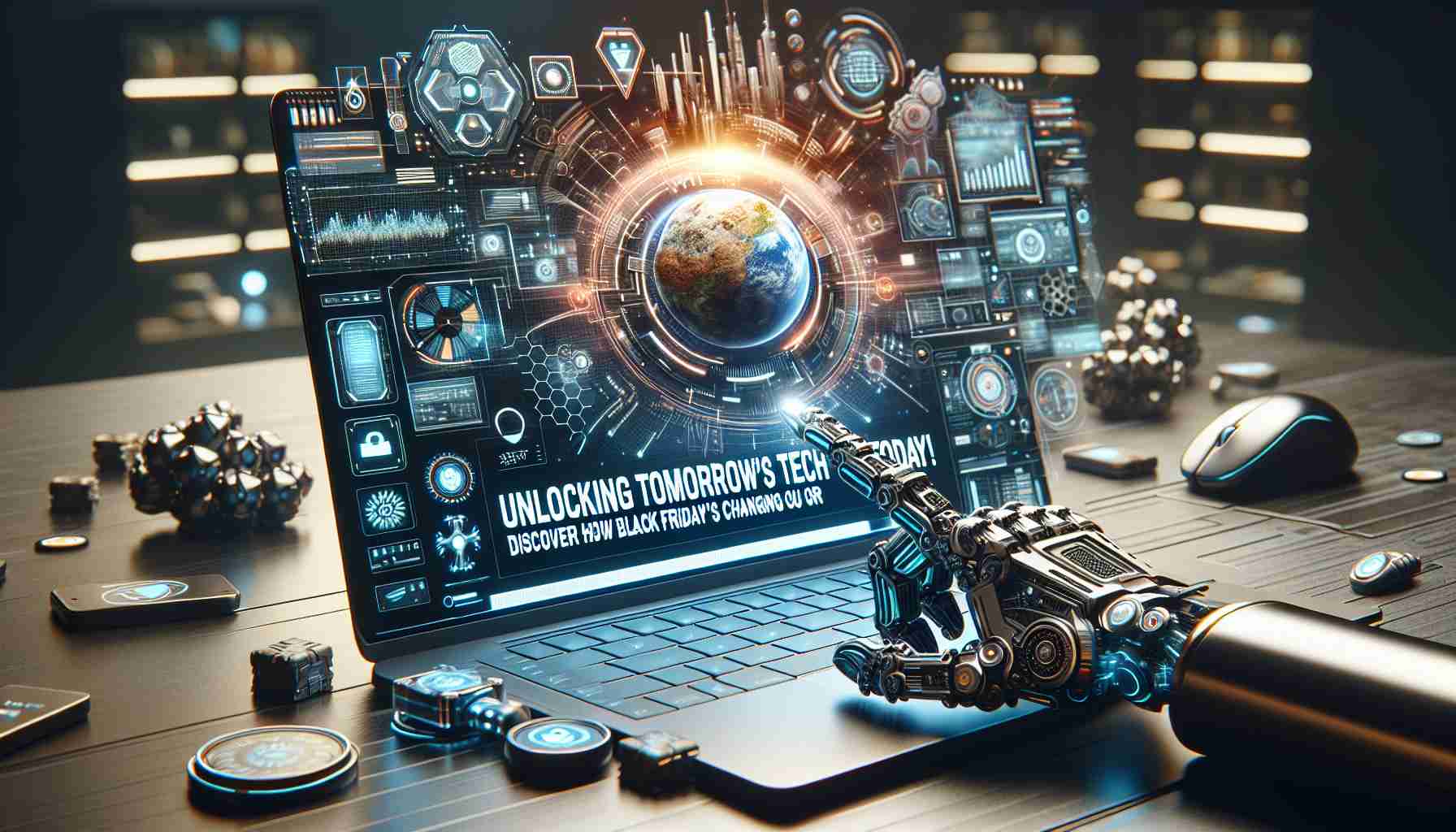A groundbreaking technological development has opened up a world where individuals can engage with virtual versions of their deceased loved ones. Gone are the days of science fiction fantasies, as companies like Silicon Intelligence in China are making this surreal concept a tangible reality. Using advanced AI technology, these startups are creating chatbots that mimic the voice and appearance of real individuals, enabling users to communicate with digital replicas of their late family members.
Sun Kai, an executive at Silicon Intelligence, has found solace in conversing with a digital avatar of his late mother, who passed away six years ago. Rather than viewing the avatar as a mere simulation, Sun embraces it as a genuine connection to his lost loved one. This innovative approach to preserving memories and fostering emotional bonds demonstrates the profound impact that AI can have on individuals’ lives.
Despite the potential benefits of this technology, ethical dilemmas and concerns arise. Questions surrounding consent, addiction, and the blurring of reality versus illusion loom large in the realm of AI-powered avatars. Experts caution against relying too heavily on virtual representations of the deceased, as it may impede the natural grieving process and distort one’s perception of reality.
In a parallel development, a study from the University of Cambridge has unveiled a surprising twist in the creative landscape. While AI has the capacity to enhance individual creativity, its widespread adoption may inadvertently stifle overall innovation. The delicate balance between efficiency and creativity poses a unique challenge for industries seeking to leverage AI as a tool for inspiration.
As society ventures further into the realm of artificial intelligence, it is crucial to navigate the emotional and creative implications of these groundbreaking technologies with mindfulness and consideration.
The Multifaceted Impact of Virtual Avatars on Emotional Well-Being
As the technology landscape continues to evolve, the emotional impact of virtual avatars on individuals has taken center stage. Beyond the realm of conversing with digital replicas of deceased loved ones, there are several key aspects to consider in this burgeoning field.
Important Questions and Answers:
1. How do virtual avatars affect one’s perception of personal identity and relationships?
– Virtual avatars can provide a sense of comfort and connection, but their influence on shaping one’s identity and relationships warrants careful examination.
2. What role does consent play in interacting with AI-powered avatars of the deceased?
– Obtaining consent from family members before creating virtual avatars can help mitigate ethical concerns and ensure respect for the deceased individual’s memory.
3. Is there a risk of emotional dependency or addiction to engaging with virtual representations of loved ones?
– It is crucial for individuals to maintain a balance between using avatars as a form of remembrance and seeking support from real-life connections to prevent over-reliance on technology.
Key Challenges and Controversies:
– Maintaining Emotional Authenticity: Striking a balance between genuine emotional connections and the illusion of closeness presented by virtual avatars is a challenging aspect of this technology.
– Privacy and Data Security: Safeguarding personal data used to create virtual avatars raises concerns about potential misuse and breaches of privacy, especially in sensitive contexts like interacting with deceased loved ones.
– Impact on Mental Health: While virtual avatars can offer solace and support, there is a debate about whether prolonged engagement with such technology may hinder individuals’ ability to cope with grief and impede emotional healing.
Advantages and Disadvantages:
Advantages:
– Memory Preservation: Virtual avatars provide a unique way to preserve memories of loved ones and create lasting connections through technology.
– Emotional Support: For individuals coping with loss, virtual avatars can offer emotional support and a sense of continuity in relationships.
Disadvantages:
– Ethical Concerns: Issues related to consent, authenticity, and the potential for emotional manipulation raise ethical dilemmas in the use of AI-powered avatars.
– Dependency Risks: Excessive reliance on virtual avatars may hinder individuals’ ability to navigate grief and impede healthy coping mechanisms.
As the field of virtual avatars continues to expand, it is essential for individuals, companies, and policymakers to address these complexities with sensitivity and foresight. Balancing the innovative potential of AI technology with ethical considerations and emotional well-being remains a critical task in the digital age.
For more insights on the ethical implications of AI technology, visit University of Cambridge.






















